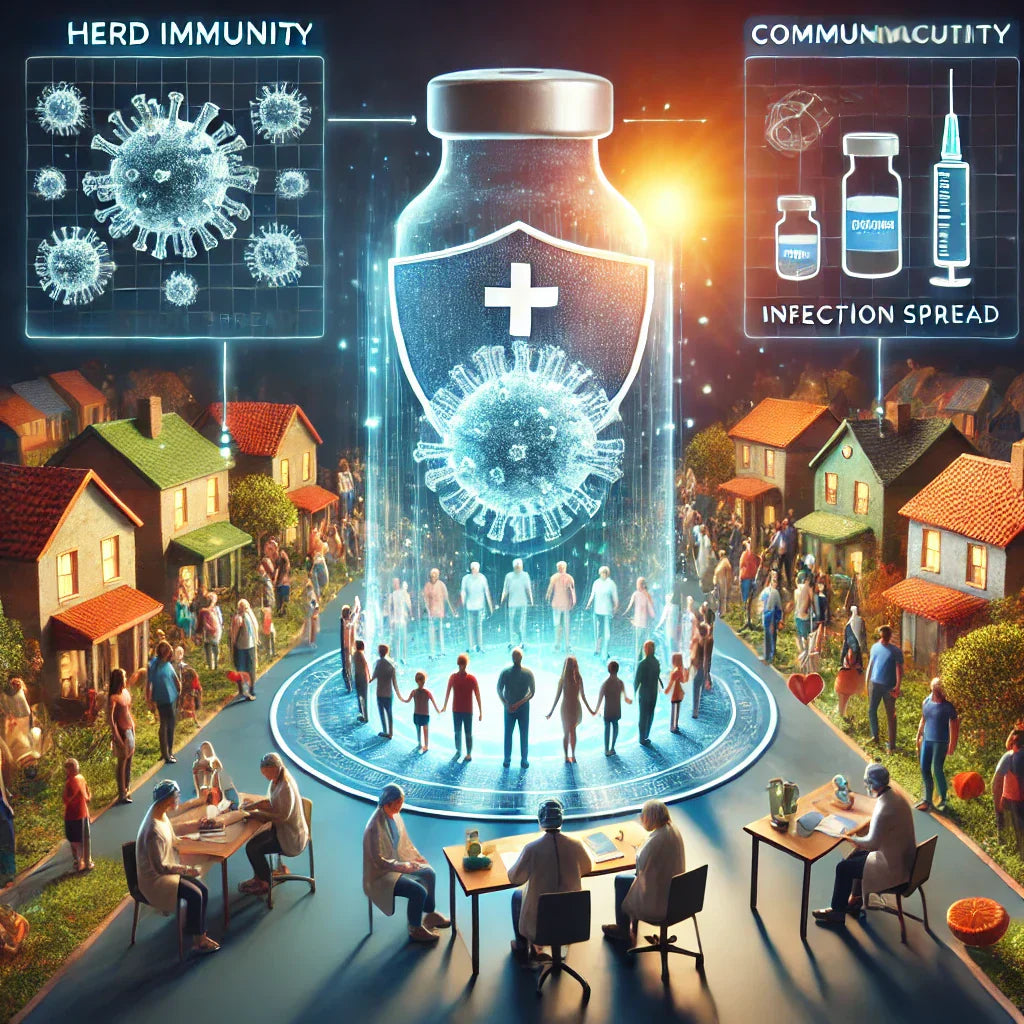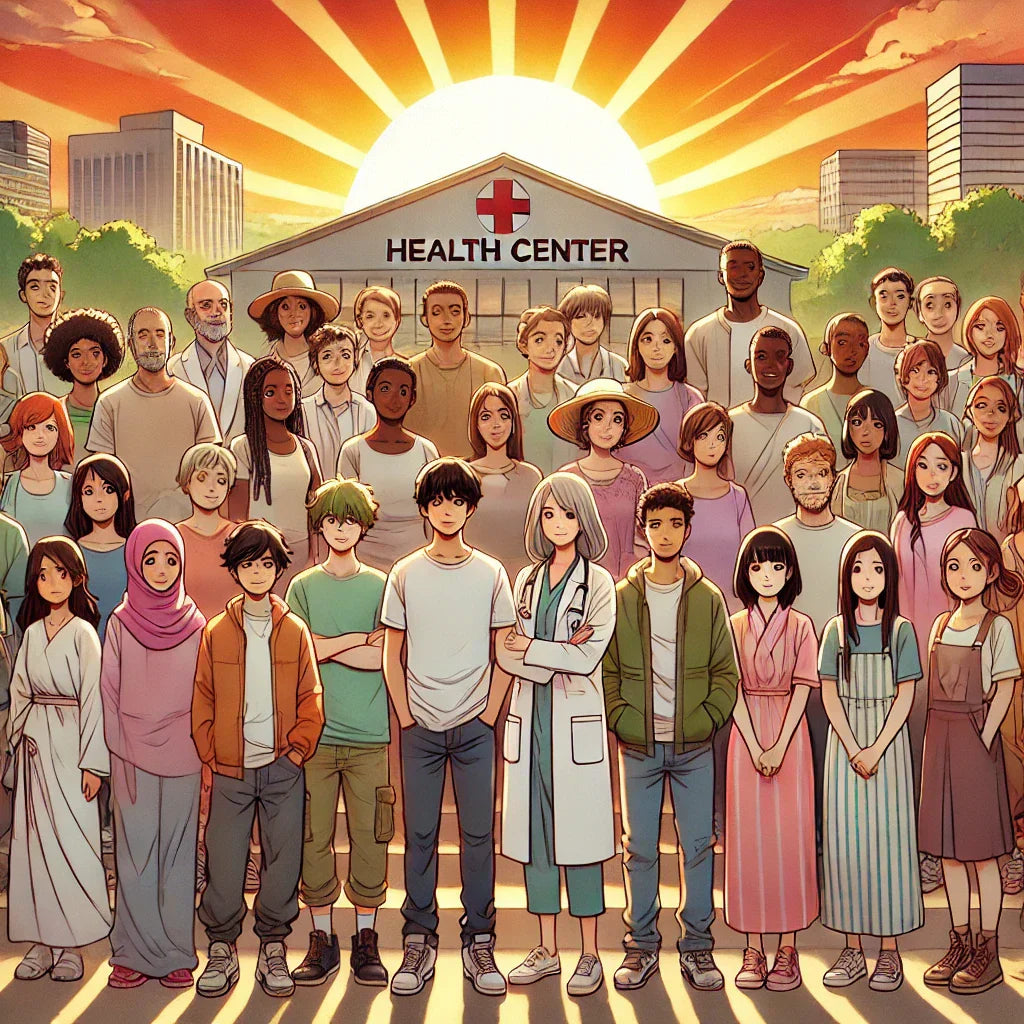News — community health
Herd Immunity: How Vaccines Protect the Entire Community
community health COVID-19 disease prevention herd immunity immunity threshold infectious diseases public health vaccination benefits vaccine hesitancy vaccines
Herd immunity is one of the most powerful tools for protecting public health, especially in the fight against infectious diseases. It's a phenomenon where enough people in a community are immune to a disease, either through vaccination or prior infection, that it significantly reduces its spread. But what makes herd immunity so vital, and how do vaccines play a pivotal role in achieving it? This article dives into the intricacies of herd immunity, explaining how vaccines not only safeguard individuals but also serve as a shield for the entire community, including those who cannot be vaccinated.
Vaccination campaigns have saved countless lives by preventing the spread of diseases such as measles, polio, and influenza. Yet, achieving and maintaining herd immunity requires collective effort and understanding. By exploring the science, benefits, and challenges associated with herd immunity, you'll see how this public health strategy protects society at large.
Addressing Health Disparities in Minority Populations: A Call to Action
community health cultural competence health disparities health equity healthcare access minority populations public health racial health gap social determinants of health
Health disparities among minority populations remain a pressing issue, reflecting inequities deeply rooted in societal structures. These disparities manifest in higher rates of chronic diseases, limited access to quality healthcare, and worse health outcomes compared to the majority population.
Addressing these inequities requires a collective effort to understand the factors contributing to the disparities, implement equitable healthcare policies, and foster cultural competence within the healthcare system. This article examines the challenges, causes, and actionable solutions for bridging the gap in minority health.


